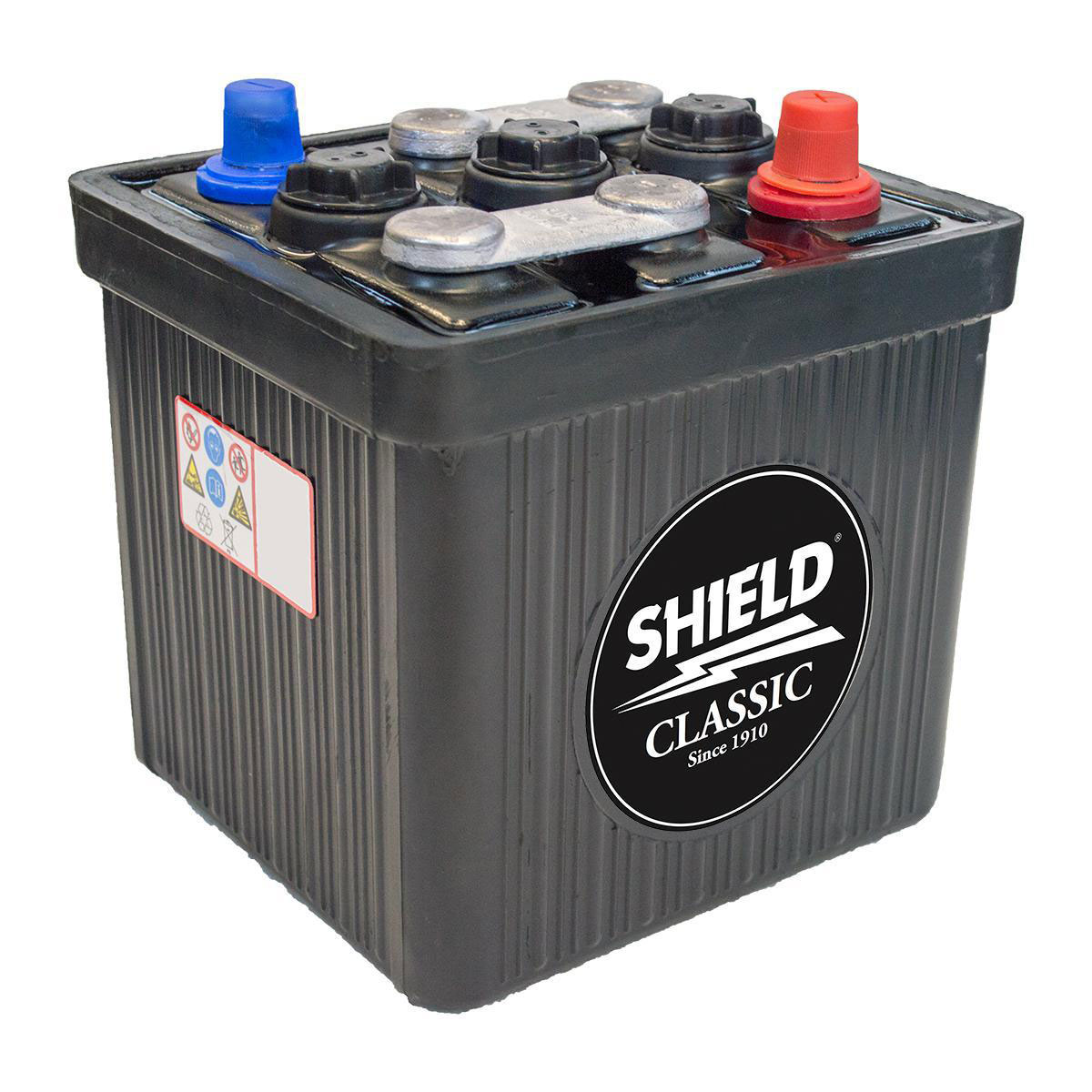10 Crucial Tips for Increasing Your Car Battery Longevity
The automobile power source is an integral component that energizes everything from starting your engine to operating the electronics in your vehicle. Just like yuasa battery of your vehicle, the power unit requires sufficient care and upkeep to ensure it endures as much as possible. A good battery can save you from unforeseen breakdowns and costly replacements, making it essential to adopt habits that encourage longevity.
In this article, we will examine ten important tips for maximizing your vehicle battery duration. By following these clear suggestions, you can help enhance your battery’s performance, ensuring you remain reliable on the road. Whether you are an seasoned car owner or a inexperienced driver, these tips will prepare you with the knowledge you need to keep your car battery in peak condition.
Grasping The Car Battery
A car battery is a crucial component of your vehicle, providing the necessary power to turn on the engine and run electrical systems when the engine is not running. Most car batteries are lead-acid types, which consist of plates made of lead placed in an electrolyte solution. This chemical reaction generates the electrical energy needed for igniting the vehicle and operating accessories.
Car batteries have a finite lifespan, generally ranging from three to five years based on usage, environmental conditions, and maintenance. Factors such as extreme temperatures, short trips, and regular use of electronic devices can significantly affect battery life. Recognizing these factors will help you take improved care of the battery and prolong its lifespan.
Caring for your car battery involves consistent checks and upkeep to ensure it functions effectively. Knowing how to identify signs of wear or failure can save you from unexpected breakdowns. Basic practices like keeping the battery terminals clean and ensuring it is securely mounted can also enhance its longevity and reliable performance.
Suggestions for Maintenance and Care
To guarantee your car battery remains functional as long as it can, consistent inspections are essential. Start by examining the battery terminals for corrosion, which appears as a white powdery substance. If you spot any corrosion, clean the terminals with a solution of baking soda and water. This assists improve the electrical connection and can stop the battery from draining early. Additionally, make sure the battery is securely mounted in its tray to avoid vibrations that can disrupt it over time.
Temperature can greatly impact your car battery's performance. Extreme heat can lead to battery fluid loss, while cold temperatures can diminish its performance. To lessen these effects, park your car in a protected area during hot weather and use a carport or insulated cover in cold conditions. If you reside in an area with extreme climates, think about investing in a battery warmer or insulator to shield your battery and extend its lifespan.
Consistently testing your battery’s voltage and overall health can identify potential issues before they result in failure. Most auto parts stores offer free battery testing services, which can help you find out if your battery is failing or nearing the end of its usefulness. Replacing an aging battery proactively can save you from unforeseen breakdowns and guarantee your vehicle runs reliably. Keeping an eye on your battery's condition is a vital part of regular car maintenance.
Indicators of Car Battery Trouble
One of the first signs that your car battery may be struggling is the engine's sluggish start. If you notice that your car takes longer than usual to start or demands multiple tries before the engine finally turns over, this could indicate a battery that is loses its charge. Early detection is key to preventing unexpected failures, so pay close attention to these changes.
Another clue of a weak battery can be the sight of oxidation around the terminals. A buildup of white, chalky substance at the connection points can hinder the battery's ability to charge properly and deliver electricity to your car. Frequently examining the battery terminals for corrosion and cleaning them as needed will help maintain peak performance and extend your battery's life.
In conclusion, if you notice weak headlights or interior lights, it might mean that your battery is not providing enough power. If these lights appear to flicker or are noticeably less bright when you start the engine or turn on other power devices, it is time to take your battery evaluated. Being mindful of these signs can ensure you take timely action, keeping your car running smoothly.
